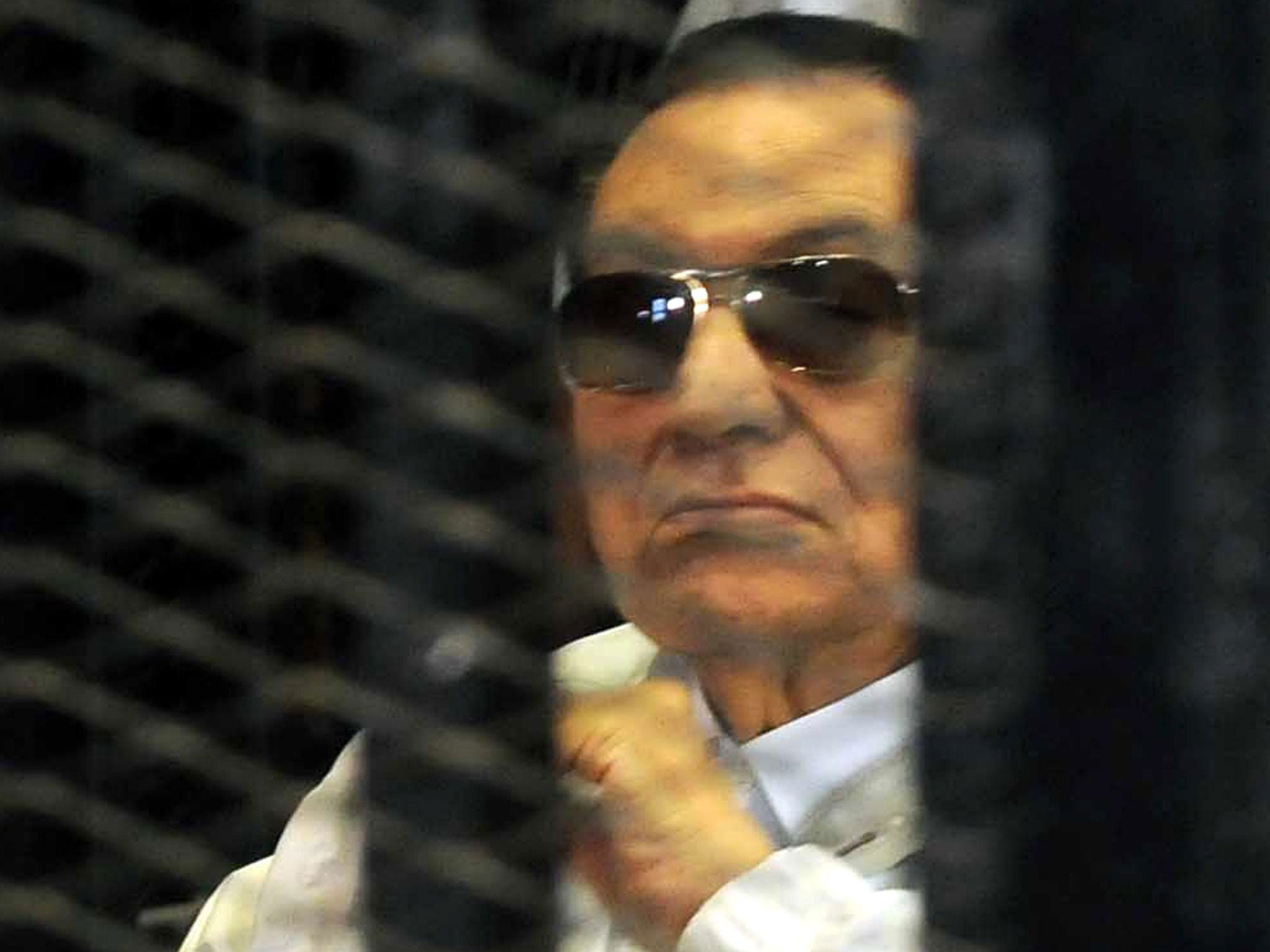Ian Burrell: BBC news-fixing probe not over yet

Nearly three years ago, I investigated a television news-fixing scandal that led to the BBC making a global apology to viewers. It had screened documentaries made by a London TV company that was earning millions of pounds from clients featured in the programming.
The Independent exposed how the BBC paid nominal fees of as little as £1 for programmes made by FBC Media (UK), the PR client list of which included foreign governments and multinational companies. FBC made eight pieces for the BBC about Malaysia while failing to declare it was paid £17m by the Malaysian government for “global strategic communications”. The programmes included positive coverage of the country’s controversial palm-oil industry.
The BBC also used FBC to make a documentary about the 2011 uprising in Egypt without knowing that the company was paid to do PR work for the regime of the former dictator Hosni Mubarak (pictured).
FBC, run by the former Financial Times journalist Alan Friedman and the CNN presenter John Defterios, was also making editorial programmes featuring FBC clients for the global business broadcaster CNBC, which suspended its FBC-made show World Business. Other FBC clients included the governments of Greece and Kazakhstan and companies including Microsoft.
When The Independent published its investigations into FBC the company said it had kept strict divisions between its editorial and PR operations. FBC closed its London offices and went into administration in October 2011.
The BBC Trust’s editorial standards committee carried out an investigation into the World News programme, which reported in November that it had uncovered a series of breaches of corporation editorial guidelines, prompting the on-air apology.
What has happened since? Mr Friedman has written a book on Italian politics and has enjoyed coverage in his old paper, the FT. Mr Defterios continues to work as a star presenter on CNN and recently hosted coverage from Davos.
But the matter is not closed. Ofcom’s own “unprecedented” investigation into the FBC affair is into its third year.
“Our investigation involves an unprecedented volume of broadcast material across a number of different channels, and raises several very complex issues,” a spokesman for the regulator said. “Because of this, the investigation is taking longer than normal. We are busy working on the case and expect to conclude our investigation as soon as possible in 2014.”
Join our commenting forum
Join thought-provoking conversations, follow other Independent readers and see their replies
Comments
Bookmark popover
Removed from bookmarks